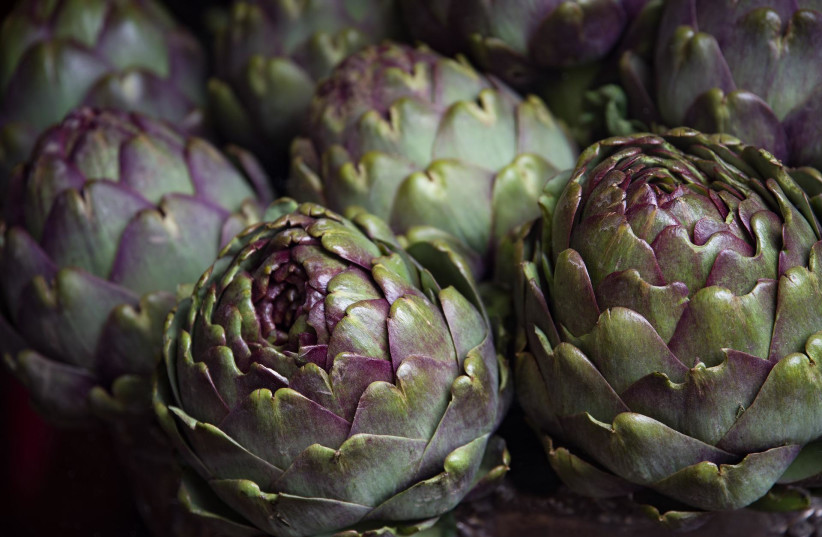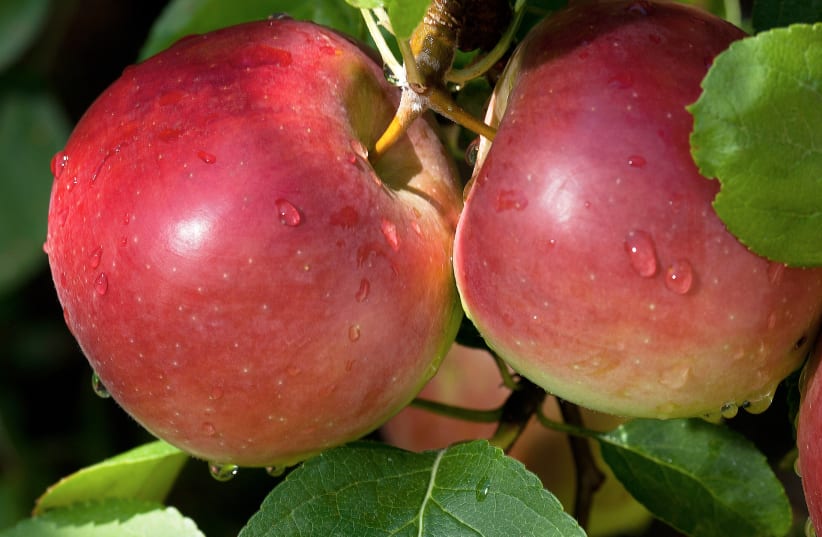Constant eating and less exercise open the door to abdominal pain, bloating, indigestion, and constipation. Here are the foods you need to eat to avoid that.
Constipation is very common. Although it can appear at any time, the condition increase as we age. A recent US-based study that included 2000 people aged 65 and over found that more than 40% of subjects complained of constipation.
Although many factors have been linked to constipation, in most cases it’s difficult to point to the cause. Still, some foods should be avoided and others added to your diet.
These five items prevent and/or ease constipation:
Artichokes


Studies show that artichokes have prebiotic properties which are beneficial for gut health. Prebiotic foods contain a type of fiber that nourishes good bacteria present in the human digestive system. Eating artichokes also increases the population of beneficial bacteria in the gut, which helps the optimal functioning of the digestive system, including the routine movement of the bowel.
Apples
A small apple contains about 3.6 grams of dietary fiber. Fiber passes through the digestive tract without breaking down and thus encourages bowel movements and helps in the formation of feces. Apples also contain pectin, which is a type of soluble fiber with laxative properties.
Beans
Most types of beans are high in both soluble and insoluble fiber which contributes to the health and routine functioning of the digestive system and encourages bowel movements.
Soluble fiber attracts fluids to the intestines and softens stool texture. Insoluble fibers create friction in the digestive system; this movement clears waste from the digestive tract.
Coffee
Although the mechanism is not entirely clear, one theory is that caffeine may help accelerate digestive system activity. Caffeine found in coffee is a substance that has stimulating effects in general, and just as it affects the central nervous system it can also galvanize the sympathetic nervous system, which is responsible, among other things, for digestion.
Caffeine can encourage the movement of the gastrointestinal tract, known as peristalsis, which is a series of muscle contractions. It actually increases the contraction movements of the small intestine and colon until it eventually causes the need to go to the toilet.
Chia seeds
These seeds are small but mighty and can give you just the amount of dietary fiber you need. Chia seeds are known to be satiating due to their amazing absorbency. Each one can absorb water in excess of 10 times its weight which leaves you satiated for a longer time and makes it easier to pass stool. Just be sure to drink water when you add them to whichever food you’re eating, like yogurt.
These foods increase risk for constipation
Alcohol
Yes it’s a liquid, but alcohol can actually cause dehydration.
If you have a drink or two at night, balance it with a sufficient amount of water to prevent dehydration. Many nutritionists recommend drinking eight glasses of water each day but this varies depending on your weight, height and amount of daily exercise.
Persimmons
Persimmon is a popular fruit from East Asia that can cause constipation for some people, especially certain varieties which contain a large amount of tannins, a compound which slows down your digestive track and can reduce your daily number of bowel movements.
Red meat
Choosing foods rich in dietary fiber and low-fat content is the best way to maintain a regular bowel routine. No types of meat or poultry contain dietary fiber, but red meat is the fattiest type and most difficult to digest.
